There's naught, no doubt, so much the spirit calms as rum and true religion
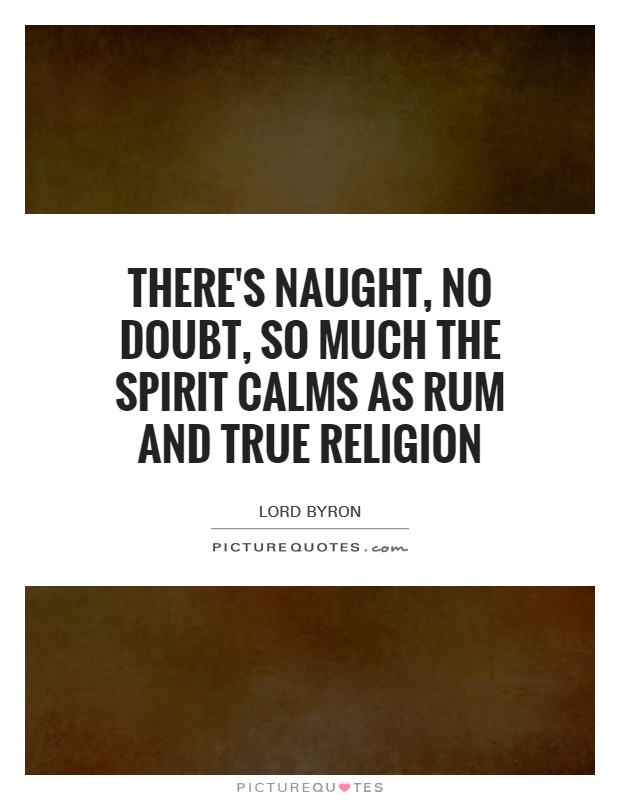
There's naught, no doubt, so much the spirit calms as rum and true religion
Lord Byron, the renowned poet and romantic figure of the 19th century, was known for his rebellious spirit, passionate nature, and controversial views on religion and society. In his works, Byron often explored themes of love, loss, and the human experience, drawing on his own tumultuous life for inspiration. One of his most famous quotes, “There's naught, no doubt, so much the spirit calms as rum and true religion,” encapsulates his complex relationship with both alcohol and faith.Byron was no stranger to the pleasures of alcohol, often indulging in rum and other spirits to escape the pressures of his fame and the pain of his personal life. His tumultuous relationships, scandalous affairs, and struggles with mental health all contributed to his reliance on alcohol as a coping mechanism. In his poetry, Byron often romanticized the idea of drinking as a form of rebellion against societal norms and a way to numb the pain of existence.
At the same time, Byron was deeply interested in the concept of true religion and spirituality. Despite his reputation as a libertine and skeptic, he was fascinated by the mysteries of faith and the search for meaning in a chaotic world. In his poem “Childe Harold’s Pilgrimage,” Byron explores themes of redemption, forgiveness, and the quest for spiritual enlightenment. He grapples with the contradictions of his own beliefs, questioning the nature of God, the existence of an afterlife, and the role of religion in shaping human behavior.
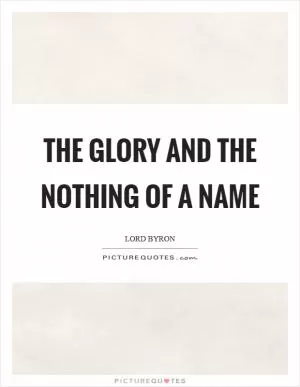
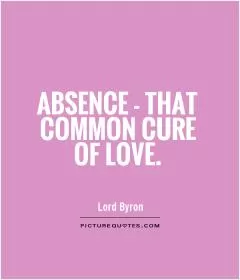
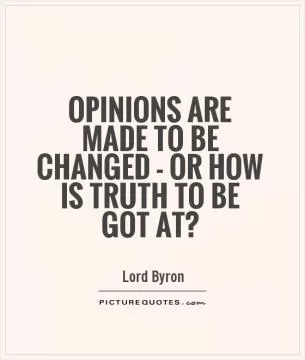
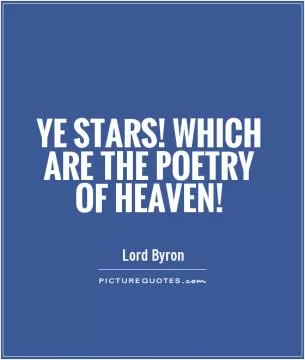

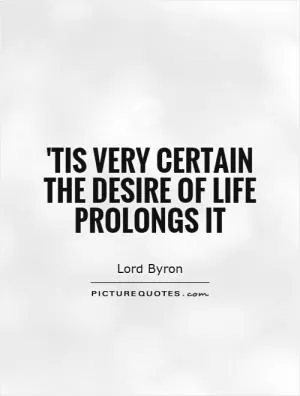
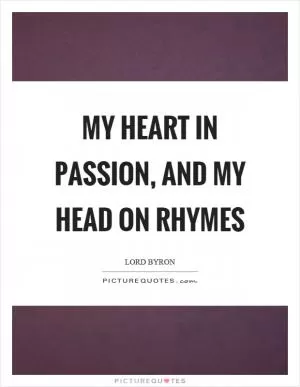
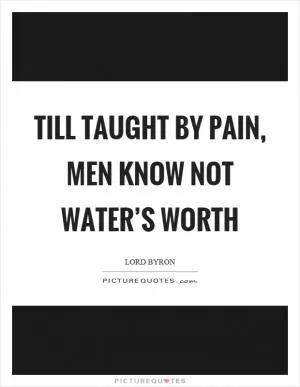
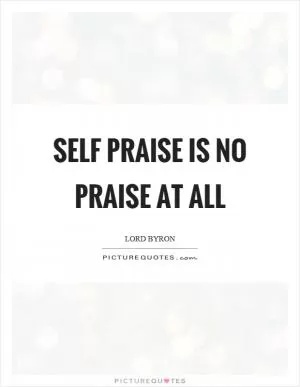


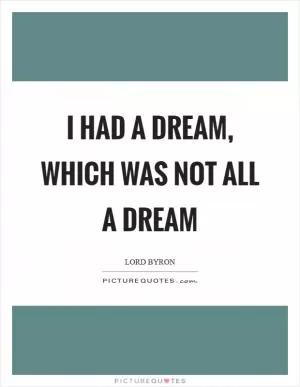
 Friendship Quotes
Friendship Quotes Love Quotes
Love Quotes Life Quotes
Life Quotes Funny Quotes
Funny Quotes Motivational Quotes
Motivational Quotes Inspirational Quotes
Inspirational Quotes